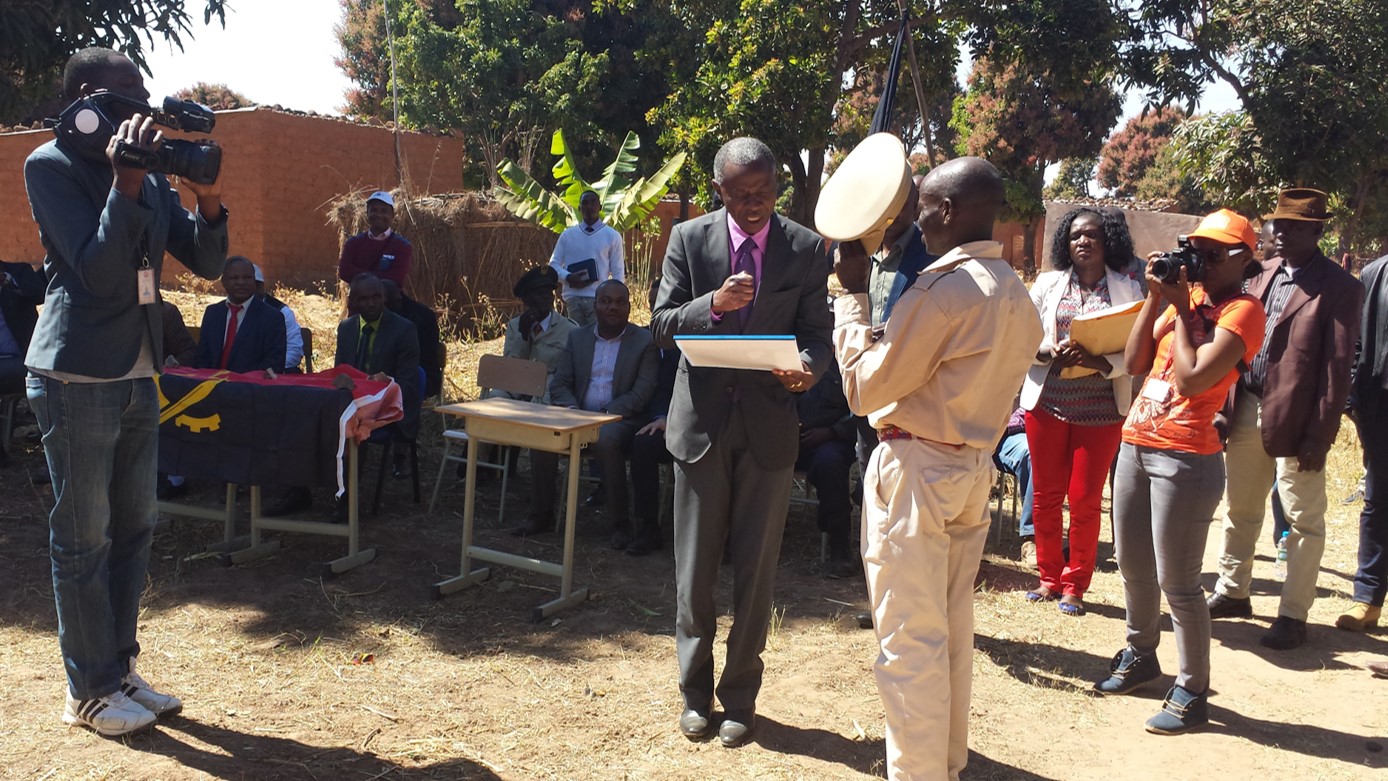Location
World Vision is amongst the largest, child focused, development NGO’s with 46,000 staff, working in 1650 communities reaching over 120 million people in nearly 100 countries. World Vision provides emergency assistance to children and families affected by disasters and conflict, unlocks the potential for communities to alleviate poverty, and advocates for justice on behalf of the poor.
World Vision’s approach to build better lives for children is by partnering with families and communities. Many issues and challenges in these communities have deep roots, and it takes time to address these issues in constructive ways that will lead to lasting change. World Vision’s commitment to a community lasts from 12 – 18 years. This allows time to help educate and train local leaders to take ownership of the projects. Inspired by Christian values, World Vision staff is dedicated to working with the world’s most vulnerable people and serves all people regardless of religion, race, ethnicity, or gender.
World Vision beleives that cross-sector partnerships – between government, business (and other private-sector actors), civil society and/or UN agencies – are one of the primary modalities through which the innovation that is necessary to reach the Global Goals should be created and delivered.
Members:
Resources
Displaying 1 - 1 of 1The recognition of the customary land rights: lessons from the Province of Bié in Angola
Effective recognition of customary land rights is still a challenge in Angola, as in many other African countries. Despite customary land rights of the traditional rural communities are expressly recognized in the 2004 National Land Law, very few communities in Angola have been able to register their land. In the Province of Bié, in Angola central highlands, only five customary collective land titles (called Dominio Util Consuetudinario) had been issued within the period 2004-2015.


